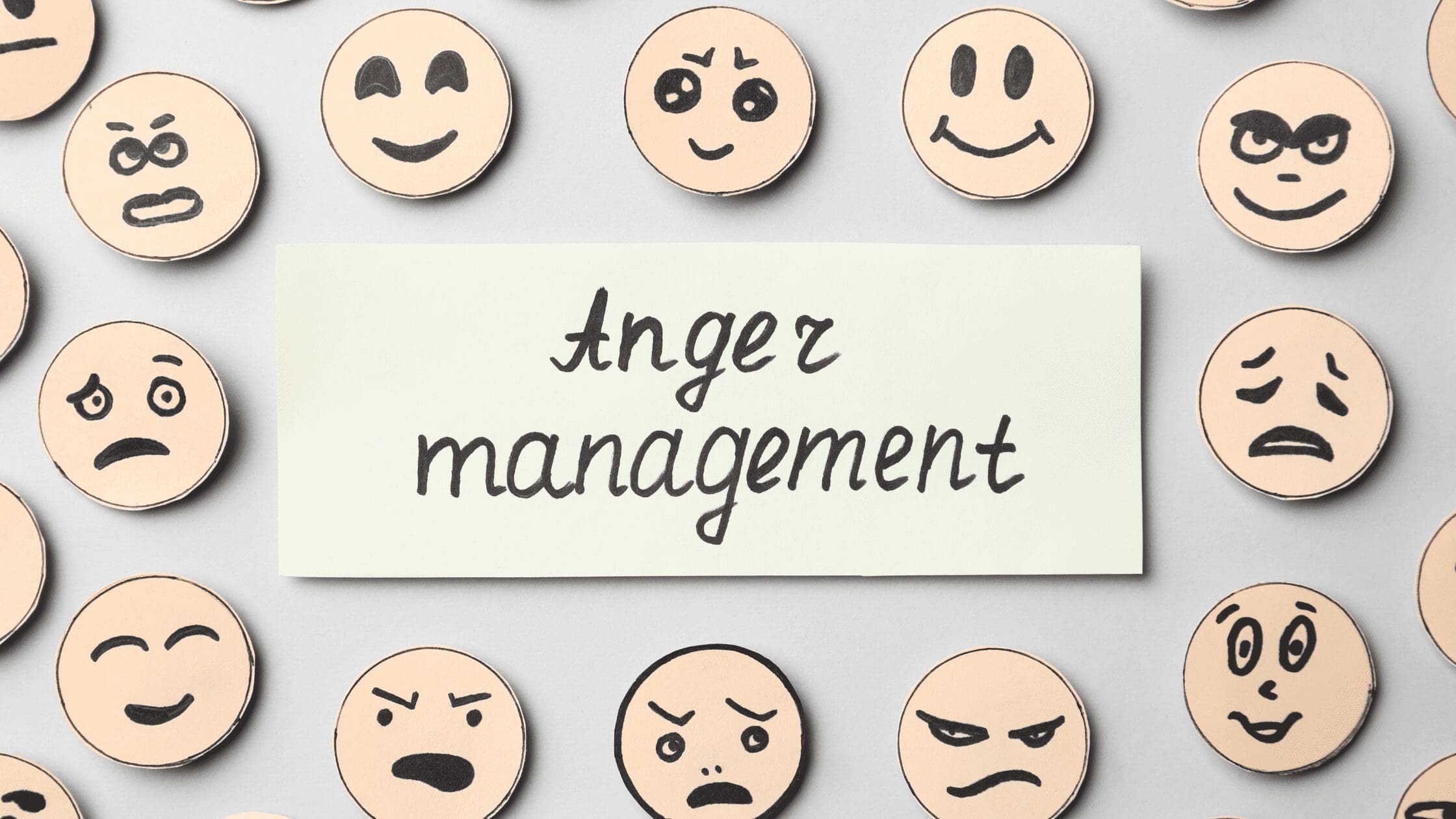Welcome to week two of anger management coping skills. This week we will go over diversions and how to use them. If you have missed any part of the series, click here! As always, remember my disclaimer before practicing any mental health information. What is Anger Management? These coping skills are techniques and strategies used to deal […]
